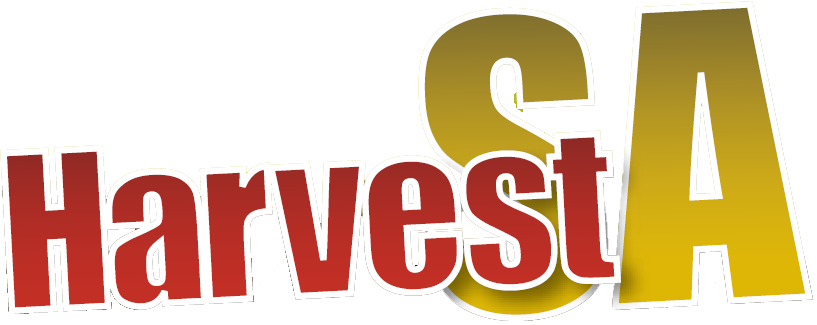South African Breweries (SAB) says the ripple effect of South Africa’s third alcohol ban is being felt throughout its beer value chain, and that it is nearing its maximum storage capacity at its nine brewing facilities.
The company said in a statement on Monday (25 January), that it will continue to reduce production levels, as it navigates the unintended consequences of the prohibition.
The lack of trade coupled with reduced storage capacity has led to a slowing down of production, along with the uncertainty of the duration of the alcohol ban, has resulted in the decision to suspend 550 temporary contract workers across its South African operations.
These temporary contracts will predominantly affect positions within SAB’s supply and logistics workforce, it said.
“The third alcohol ban has resulted in reduced demand for the temporary workers skills, this is no fault of their own but rather a result of the current operating environment. We realise the impact this decision will have on the 550 families who will sadly have to go without because of the reduction of production levels due to the suspension of sales.” said Zoleka Lisa, vice president of Corporate Affairs at SAB
With SAB competitors like Heineken already retrenching parts of its South African workforce, Lisa said that the company is doing everything in its power to avoid this outcome despite having to navigate an uncertain regulatory and policy environment.
“We are reviewing all measures available to us, but with minimal communication and engagement from government on timelines for the ban, this has made business planning, and the consequential impact, extremely difficult.
“Together with the broader industry we will continue in our attempts to engage government, ultimately to arrive at collaborative resolutions for a better sustainable future, which balances lives and livelihoods alike,” said Lisa.
She added that the scale at which SAB’s value chain is being impacted by the ban is deeply concerning.
“We have already cut overall staff salaries by 10%. We have already cancelled R5 billion in investments. We have reduced as much discretionary spend as possible, in order to deal with the uncertainty of subsequent bans and changes in regulations.”
With costs mounting, SAB called on the government to engage with the industry and all social partners in an attempt to ‘achieve greater responsibility in decision making’.
“This has to be a truly collaborative effort on all fronts so that we can all work together as partners in our fight against the pandemic.
“SAB remains committed to supporting the nation’s fight and we are determined to play our part in ensuring that we continue to contribute positively to our country’s economic recovery and stability. But we strongly believe that a more balanced approach would be better in the long run,” Lisa said.
Counting the costs
Data published by the Beer Association of South Africa (BASA) in December, showed that previous alcohol bans and prolonged restrictions on the trade of alcohol saw an estimated 7,400 jobs lost, R14.2 billion in lost sales revenue, and more than R7.4 billion lost in taxes and excise duties in the beer industry alone.
The craft brewery sector was particularly hard hit, with 30% of breweries shutting their doors and those that managed to stay open being forced to retrench staff, resulting in hundreds of jobs losses.
In addition to the latest job suspensions, last week SAB announced that it has cancelled a planned R2.5 billion capital investment in South Africa. Competitor Heineken also announced that it would retrench around 7% of its local workforce due to the ban.
“The Covid-19 pandemic has had a material impact on many businesses and markets around the world,” Heineken said.
“It has been particularly devastating for the alcohol industry in South Africa, which has not been able to trade for almost 14 weeks in 2020 and is currently experiencing another ban on the sale of alcohol in 2021.
“The pandemic has also accelerated existing trends, requiring us to quickly adjust to ensure we can continue to support our customers and consumers given the increasing pace of change.”
Legal challenge
The cancellation of investment comes after SAB announced plans to challenge the constitutionality of South Africa’s latest alcohol ban in court.
“After much consideration, SAB has decided to approach the courts to challenge the constitutionality of the decision taken and process followed by the National Coronavirus Command Council (NCCC) to re-ban the sale of alcohol,” it said.
“This legal action is the last resort available to SAB in order to protect our employees, suppliers, customers, consumers and all the livelihoods we support.”
The group said that challenging the constitutionality of the ban, which removes the South African public’s right as adults to responsibly consume a beer safely in the privacy of their own homes, is an integral part of its court action.
“The damage to the South African economy and impact on the alcohol value chain arising from ban on the sale of alcohol is, in SAB’s view, disproportional and unlawful.”



